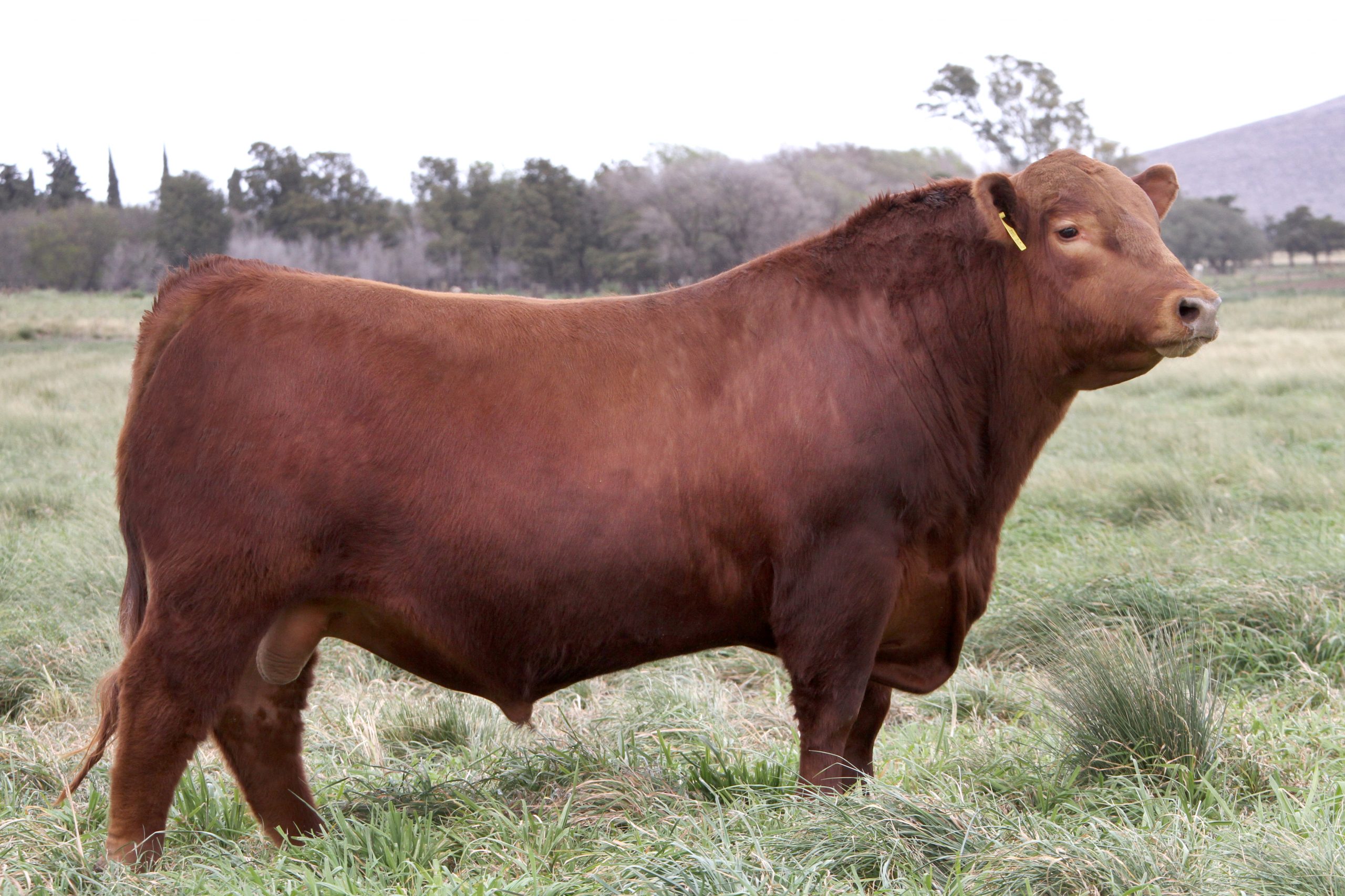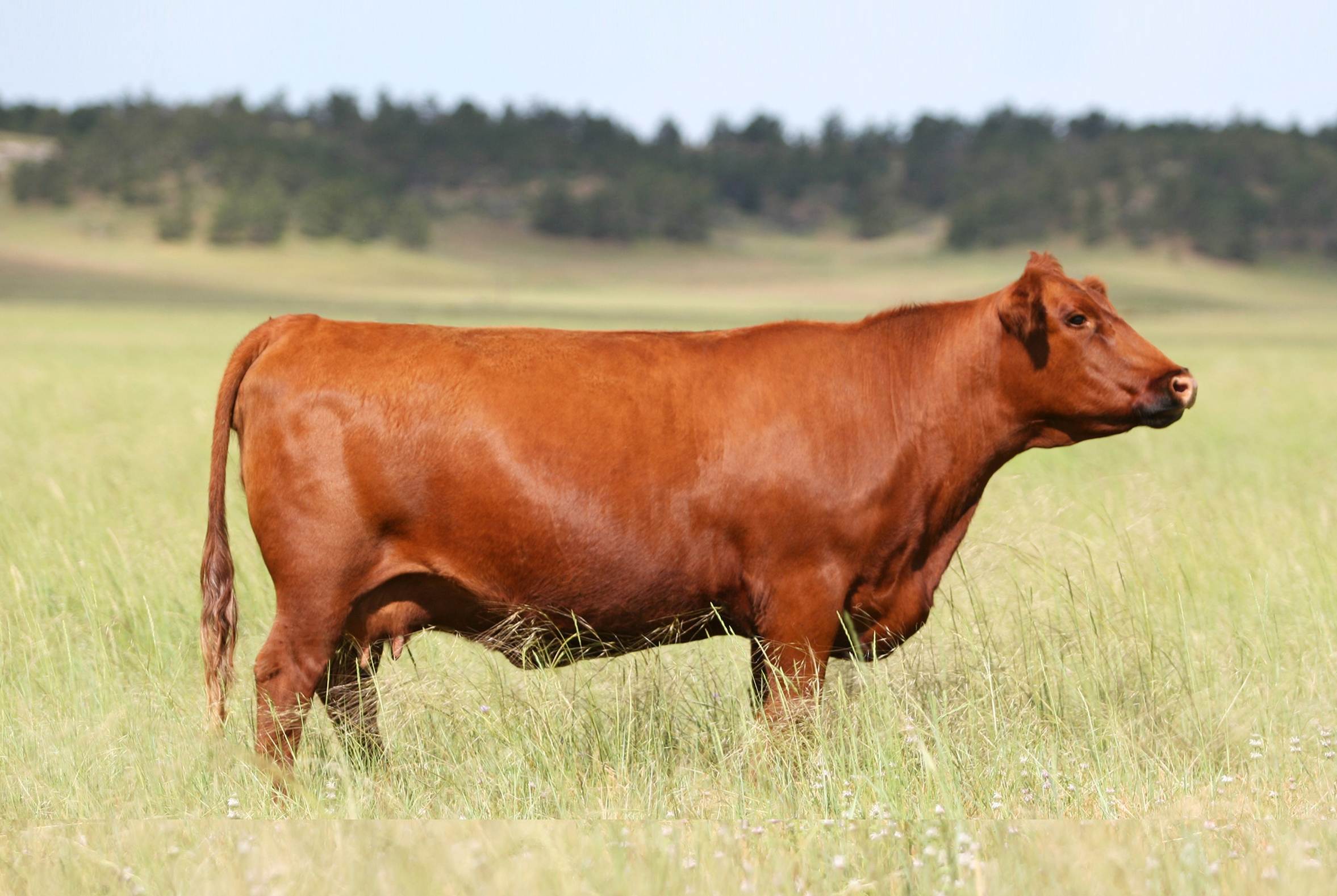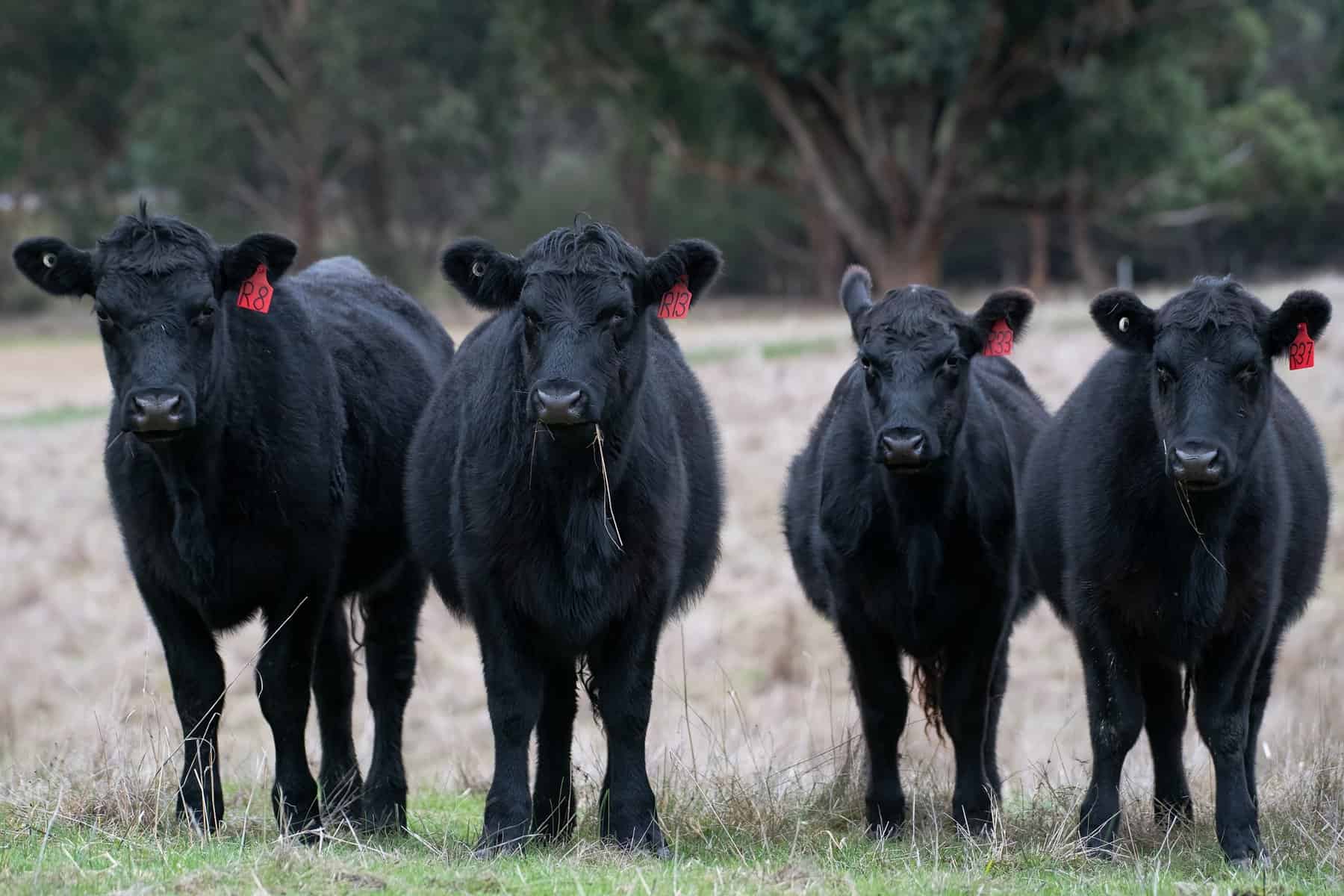Discovering Angus T: A Deep Dive Into Premium Beef Cattle
Have you ever wondered what makes certain beef stand out, or why some cattle breeds get so much attention? It's a pretty interesting topic, really. When folks talk about top-notch beef, the name "Angus" often comes up, and for good reason. This particular kind of cattle has, in a way, become a household name, especially when we think about tasty, tender meat for our meals. So, getting to know a bit more about what "angus t" truly means, and where it all comes from, seems like a good idea for anyone who enjoys good food or has an interest in farming.
There's a whole story behind the Angus breed, one that spans continents and generations of dedicated cattle raisers. This isn't just about a type of beef; it's about a specific kind of animal, known for its unique characteristics and the quality it brings to the table. We often hear the name, but perhaps don't always grasp the full scope of its impact on the beef industry, or what makes it such a popular pick for producers and consumers alike, you know?
In this piece, we're going to explore the world of "angus t," covering its humble beginnings, what makes its beef so sought after, and the important groups that help keep this breed thriving. We'll also clear up some common ideas about what the "Angus" label actually tells us. So, get ready to learn a lot about a breed that has, quite frankly, shaped how we think about beef today.
Table of Contents
- The Story of Angus Cattle: From Scotland to Your Table
- What Makes Angus Beef So Special?
- Red Angus: A Distinctive Branch of the Family
- Navigating the Angus Label: What It Means (and Doesn't)
- Maximizing Your Investment in Angus Cattle
- People Also Ask About Angus T (Angus Cattle)
The Story of Angus Cattle: From Scotland to Your Table
Origins and Early Journeys
The journey of Angus cattle, or "angus t" as we're calling it here, began a long way from America, way back in Scotland. These cattle, originally known as Aberdeen Angus, come from the Scottish countryside. They were, you know, just a local breed for a while, but their good traits made them travel far. It's really something to think about how far these animals have come.
Some of these Scottish Aberdeen Angus cattle made their way to Montreal, Canada, around 1859. That was, very, an early step for the breed outside its home. We don't really know much more about that specific group, but it shows an early interest in spreading the breed's good qualities. Then, in 1873, Angus cattle finally arrived in America, which was a pretty big deal. This arrival marked the true beginning of their widespread presence here, and it’s been growing ever since, apparently.
Their calm nature, toughness, and the nice meat they produce quickly made them a favorite in the US. This led to their adoption across many farms and ranches. It's almost like they were perfectly suited for the American landscape, isn't it?
The American Angus Association's Important Role
With the growing popularity of Angus cattle, a group formed to support them: the American Angus Association. This organization is, quite simply, the biggest beef registry association in the nation. It has a lot of people involved, more than 30,000 adult and junior members, which is a very large number of folks dedicated to this breed.
The main purpose of this association is to help the beef cattle industry as a whole. They also work to increase the... well, the positive impact and presence of the breed. They provide guidance and resources, making sure that Angus cattle continue to be a strong part of the beef world. It's a pretty important job they do, really, helping producers get the most out of their animals and ensuring the breed's future.
What Makes Angus Beef So Special?
Unpacking Its Famous Qualities
When people talk about "angus t" beef, they often mention its incredible taste. It hardly needs an introduction, honestly. This beef is famous for its fine marbling, which is those tiny bits of fat spread throughout the meat. This marbling is what gives it such a wonderful texture and, you know, makes it so pleasant to eat. It's a key reason why it tastes so good.
What's interesting is that Angus cattle, even with a relatively short time on feed, manage to consistently produce this high-quality meat. This means producers can get good results without an excessively long feeding period. The beef, in a way, is built to be good, offering superlative eating qualities again and again. It's quite remarkable, really, how consistent the quality tends to be.
Beyond the Plate: Breed Advantages for Producers
For those who raise cattle, choosing Angus brings a lot of good things beyond just the meat quality. These cattle are known for their calm temperament, which makes them easier to handle. They are also hardy, meaning they can put up with different conditions, which is a big plus for farmers. Discovering these advantages can really change how a producer thinks about their herd, you know?
Angus cattle also have what's called genetic resiliency, meaning they're quite robust and adaptable to different environments. This makes them a smart choice for producers looking for animals that can thrive. Their ability to adapt and their generally easy-going nature make them a favorite on many farms. It's almost like they're designed to make a producer's life a little bit easier, in some respects.
Red Angus: A Distinctive Branch of the Family
Unique Traits and Endowments
Within the broader Angus family, there's a distinct group known as Red Angus. This particular color variation also comes with its own set of natural advantages. The Red Angus breed is endowed with many good traits, making it a very appealing option for many in the cattle business. It's a branch of the family that holds its own, you know?
Based on the continued way of thinking of the Red Angus Association of America, it seems that this is truly a great breed. They focus on certain philosophies that highlight the unique benefits of these red-coated animals. Learning more about their specific characteristics and what they are used for can give a fuller picture of the Angus world. It's really quite fascinating how different variations can exist within one main breed, isn't it?
Navigating the Angus Label: What It Means (and Doesn't)
Clarifying Common Misconceptions
It's pretty common for people to think that "Angus" on a beef label means something specific about how the animal was raised or the quality of the meat beyond its breed. But, you know, that's not quite right. The term "Angus" simply refers to the name of the cattle breed itself. It's just what kind of cow it is, basically.
So, when you see "Angus," it doesn't automatically mean the beef is organic, or natural, or that it's a higher grade than any other type of beef. It just tells you the animal it came from was an Angus. This is a very important distinction to make. The quality or how it was raised depends on other factors and labels, not just the breed name. It's a common thing people misunderstand, apparently.
Maximizing Your Investment in Angus Cattle
Practical Solutions for Success
For those who put their effort into raising "angus t" cattle, there are many ways to make sure that investment really pays off. It's about more than just buying the animals; it's about how you care for them and manage your operation. Practical solutions in areas like health and nutrition are, you know, pretty important for keeping the herd strong and healthy.
Things like smart marketing strategies and good genetics also play a big part. Understanding how to manage your herd effectively can lead to much better results. There are resources available, like educational videos and inspiring stories, that can help producers learn and grow. These tools offer ways to make the most of what Angus cattle offer, which is really quite a lot when you think about it.
Watching these resources can provide insights into best practices for management, from birth to market. It's about continuous learning and applying what works best for the animals and the business. This kind of ongoing support is a big reason why the Angus breed continues to do so well, you know, in the beef industry today.
People Also Ask About Angus T (Angus Cattle)
Here are some common questions people often have about Angus cattle, or "angus t," and their beef:
Is Angus beef really better?
Angus beef is, you know, widely praised for its fine marbling and excellent eating qualities. This marbling helps make the meat very tender and flavorful. While "better" can be a matter of personal taste, many people agree that Angus beef consistently delivers a very satisfying experience. It's a reputation that has been built over a long time, apparently, due to its consistent quality. Learn more about beef quality on our site.
Where did Angus cattle come from?
Angus cattle originated in Scotland, specifically from the northeastern parts of the country. They are a breed of cattle that first arrived in America in 1873, and since then, they have become very popular across the United States. So, their roots are definitely in Scotland, even though they're now raised in many parts of the world, you know, like here in the US. You can learn more about their journey from the American Angus Association.
What are the main advantages of Angus cattle?
Angus cattle offer several advantages for producers. They are known for their calm temperament, which makes them easier to work with. They also show good hardiness and adaptability, meaning they can thrive in various environments. Furthermore, they are valued for their high carcass quality, especially that desirable marbling, which makes their beef so sought after. These traits make them a smart choice for many cattle operations, you know, helping producers succeed. You can find more details about cattle breeds on this page .
So, the world of "angus t" is, really, quite a fascinating one, full of history and ongoing innovation. From its Scottish origins to its strong presence in the American beef industry, this breed has shown incredible resilience and consistent quality. It's clear why so many producers choose Angus and why consumers look for it on their plates. Understanding these animals, their traits, and the efforts of associations like the American Angus Association helps us appreciate the journey from farm to fork a bit more. It's a testament to good breeding and careful management, which, you know, makes a real difference in the quality of what we eat.

Toros Angus Colorados Puros de Pedigree | Don Benjamín

13 Facts About Angus Crichton - Facts.net

Angus Cows - Breed Profile, Characteristics and Facts